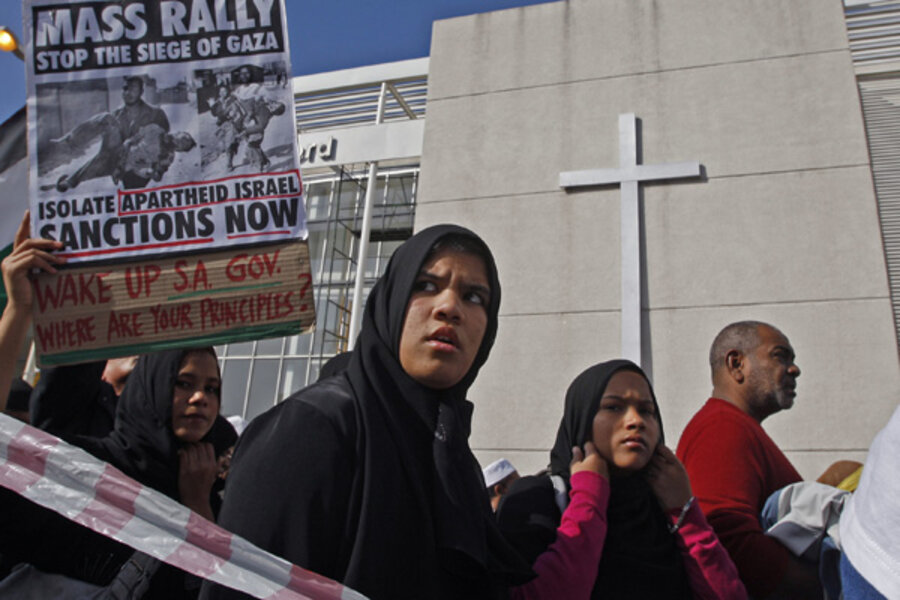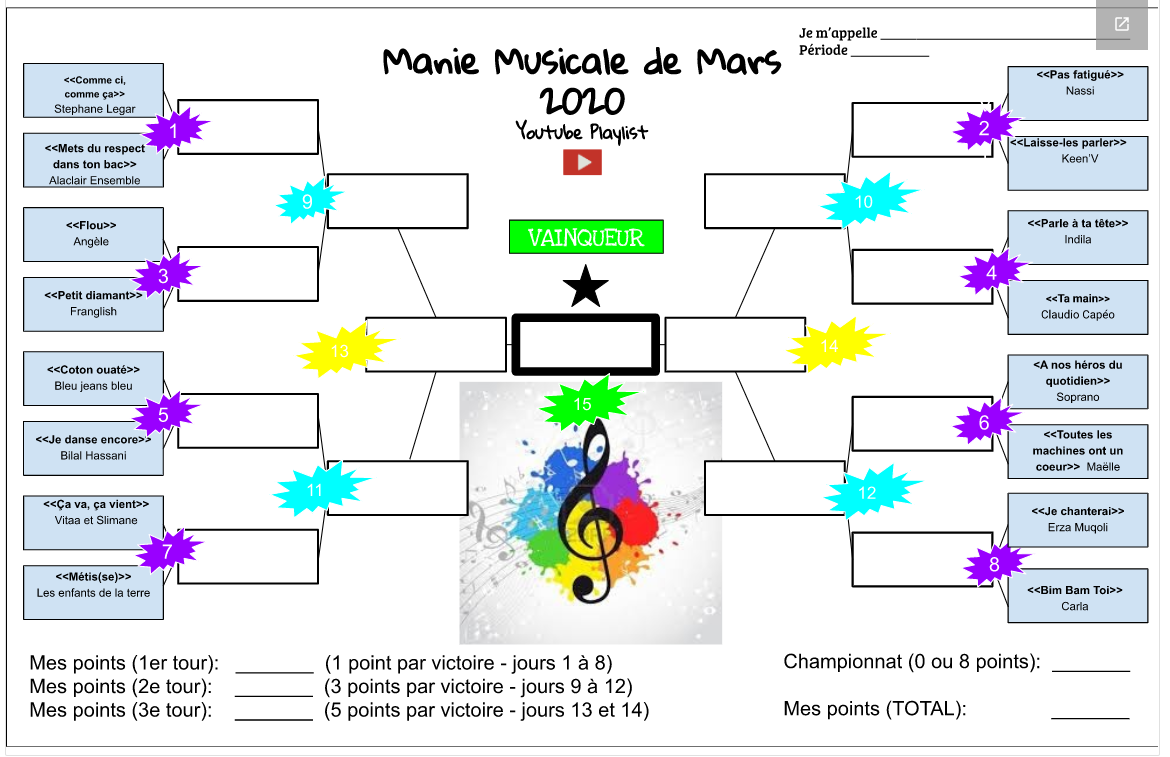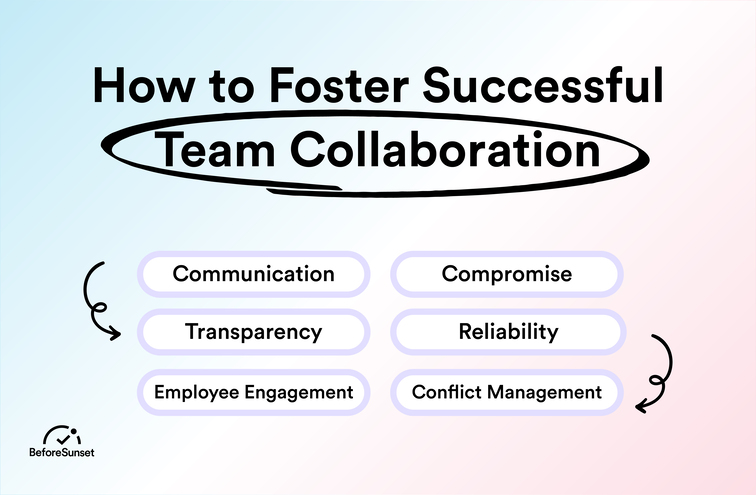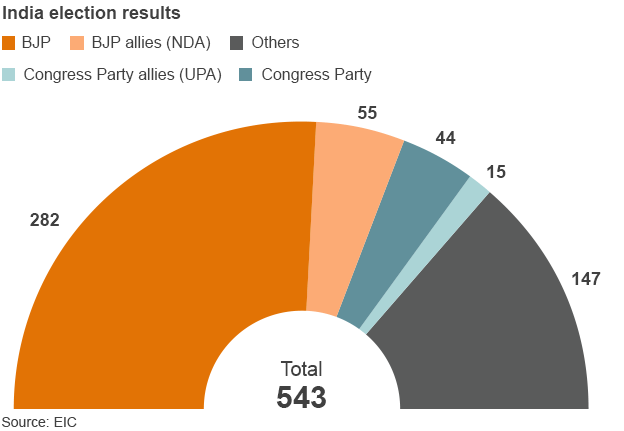Israeli Raid On Humanitarian Flotilla: Arab Media Coverage And Analysis

Table of Contents
Dominant Narratives in Arab Media Coverage
Arab media coverage of the Israeli raid on the humanitarian flotilla was overwhelmingly critical, framing the event within a specific narrative context. This section explores the key themes that emerged in the reporting.
Portrayal of the Israeli Actions
The Israeli actions were consistently portrayed as aggressive and illegal. Words like "attack," "assault," "aggression," and even "massacre" were frequently used to describe the raid.
- Examples: Headlines such as "Israeli forces storm Gaza-bound aid flotilla" and "Brutal Israeli attack on innocent civilians" were common. Many articles emphasized the use of excessive force.
- Details: The framing consistently highlighted the raid as a violation of international law, emphasizing the flotilla's humanitarian mission and the targeting of unarmed civilians. The number of casualties and injuries was heavily emphasized, often presented with graphic details to highlight the severity of the Israeli actions. The event was presented as a clear example of Israeli aggression and disregard for international humanitarian law.
Emphasis on the Humanitarian Aspect
Arab media strongly emphasized the humanitarian purpose of the flotilla and the dire situation in Gaza. The blockade and its impact on the civilian population were central to the narrative.
- Examples: Human interest stories focused on the activists onboard, their motivations, and their experiences during the raid were prominently featured. The suffering of Palestinians in Gaza due to the blockade was consistently linked to the raid.
- Details: The media used the incident to highlight the ongoing humanitarian crisis in Gaza, emphasizing the lack of essential supplies, medical care, and the overall impact of the Israeli blockade. The flotilla was presented as a desperate attempt to alleviate the suffering caused by this blockade. This narrative strongly linked the Israeli actions to the ongoing plight of Palestinians.
Anti-Israel Sentiment and Political Framing
The coverage frequently reflected strong anti-Israel sentiment, woven into broader political narratives about the Israeli-Palestinian conflict and regional tensions.
- Examples: Articles directly accused Israel of war crimes and crimes against humanity. Editorials frequently condemned Israeli policies and called for international action against the state of Israel.
- Details: The raid was presented within a long-standing narrative of Israeli oppression and aggression against Palestinians, strengthening pre-existing anti-Israel sentiment and framing the incident as part of a larger pattern of conflict. This political framing served to solidify existing narratives and reinforce anti-Israel views within the Arab world.
Comparison with International Media Coverage
While Arab media presented a largely unified narrative, international coverage exhibited greater diversity and, at times, contrasting perspectives.
Contrasting Perspectives
Western and international media outlets offered a more varied range of narratives, although many still condemned the raid.
- Examples: While some international news outlets condemned the actions, others offered more balanced reporting, including Israeli justifications for the raid. Differing focuses were evident, with some emphasizing the legality of the blockade and others highlighting the humanitarian concerns.
- Details: The differences in coverage often reflected varying geopolitical alignments and national interests. The level of criticism varied significantly based on the news organization's geographical location and political leanings. This disparity in reporting showcased the influence of differing political perspectives on the framing of events.
Impact of Media Bias
Both Arab and international media displayed biases in their reporting, significantly influencing public opinion.
- Examples: Arab media consistently favored narratives that condemned Israeli actions, while some international media outlets offered more balanced reporting, or even presented justifications for the Israeli perspective. Pro-Israel narratives were noticeably less frequent in Arab media.
- Details: The differing media biases underscore the importance of critical media literacy in understanding the complex dynamics of the Israeli-Palestinian conflict. These biases significantly influenced public perceptions both within the Arab world and globally, impacting understanding and potential resolutions.
Lasting Impact and Legacy
The Arab media coverage of the Israeli raid on the humanitarian flotilla had a significant and lasting impact.
Long-Term Effects on Public Opinion
The event solidified pre-existing narratives and further polarized opinions in the region.
- Examples: The raid continues to be invoked in political discourse as a symbol of Israeli aggression and the suffering of Palestinians. It remains a powerful symbol used in protests and demonstrations.
- Details: The strong condemnation amplified by Arab media solidified anti-Israel sentiment and strengthened the narrative of Palestinian victimhood, influencing public opinion in the Arab world and beyond. This event significantly impacted the long-term perception of the Israeli government and its actions.
Influence on International Relations
The Arab media coverage contributed significantly to the international diplomatic fallout.
- Examples: The intense negative portrayal influenced international organizations and governments to condemn the Israeli actions more strongly than they might have otherwise.
- Details: The immediate and intense negative coverage put significant diplomatic pressure on Israel, leading to international investigations and calls for accountability. The event contributed to the ongoing tension between Israel and many parts of the international community.
Conclusion
The Arab media's coverage of the Israeli raid on the humanitarian flotilla presented a consistent narrative strongly condemning Israeli actions and emphasizing the humanitarian crisis in Gaza. This perspective often contrasted with international coverage, reflecting the influence of geopolitical factors and media bias. Understanding these differing narratives is crucial for comprehending the complexities of the Israeli-Palestinian conflict and its media representation. Further research on the Israeli Raid on Humanitarian Flotilla and its broader implications remains essential for a more nuanced understanding of this pivotal event. Learn more about the various perspectives surrounding this significant event and the complexities of the Israeli raid on humanitarian flotilla by conducting further research and engaging with diverse sources.

Featured Posts
-
 La Seine Musicale 2025 2026 Concerts Danse Cinema Et Jeunes Publics
May 03, 2025
La Seine Musicale 2025 2026 Concerts Danse Cinema Et Jeunes Publics
May 03, 2025 -
 Winter Weather Delays Trash Pickup And Friday School Schedule Changes
May 03, 2025
Winter Weather Delays Trash Pickup And Friday School Schedule Changes
May 03, 2025 -
 Holyrood Election Farages Reform Partys Position On The Snp
May 03, 2025
Holyrood Election Farages Reform Partys Position On The Snp
May 03, 2025 -
 Lotto Plus And Lotto Results April 12 2025
May 03, 2025
Lotto Plus And Lotto Results April 12 2025
May 03, 2025 -
 Lotto Draw Results Wednesday April 30th 2025
May 03, 2025
Lotto Draw Results Wednesday April 30th 2025
May 03, 2025
Latest Posts
-
 The Power Of Middle Management Fostering Collaboration And Driving Results
May 04, 2025
The Power Of Middle Management Fostering Collaboration And Driving Results
May 04, 2025 -
 Investing In Middle Management A Strategic Approach To Business Growth
May 04, 2025
Investing In Middle Management A Strategic Approach To Business Growth
May 04, 2025 -
 Middle Management A Critical Link In The Chain Of Success
May 04, 2025
Middle Management A Critical Link In The Chain Of Success
May 04, 2025 -
 Analyzing The 2024 Singapore General Election A Pivotal Moment
May 04, 2025
Analyzing The 2024 Singapore General Election A Pivotal Moment
May 04, 2025 -
 Singapore Election High Stakes For The Peoples Action Party
May 04, 2025
Singapore Election High Stakes For The Peoples Action Party
May 04, 2025
